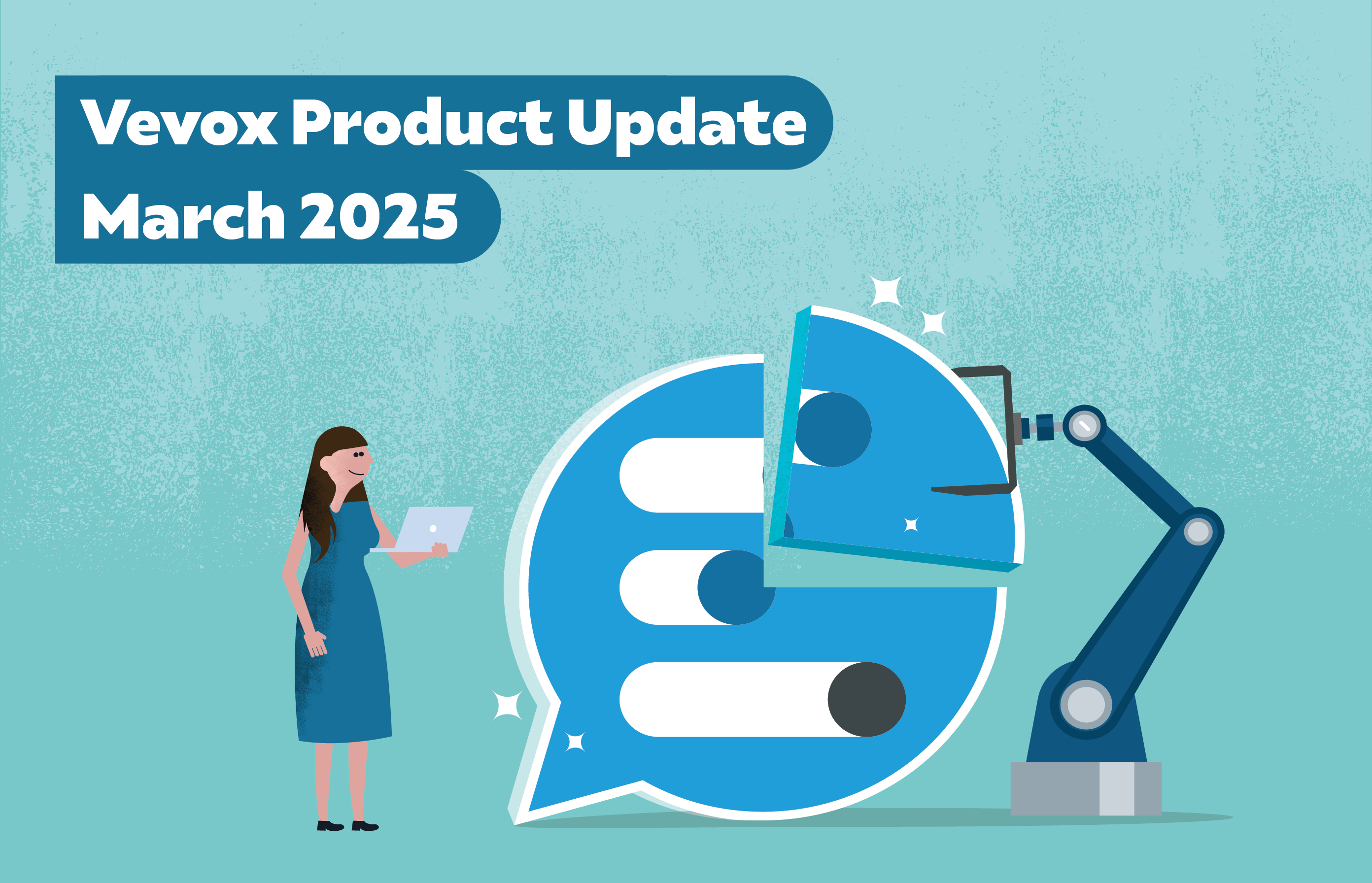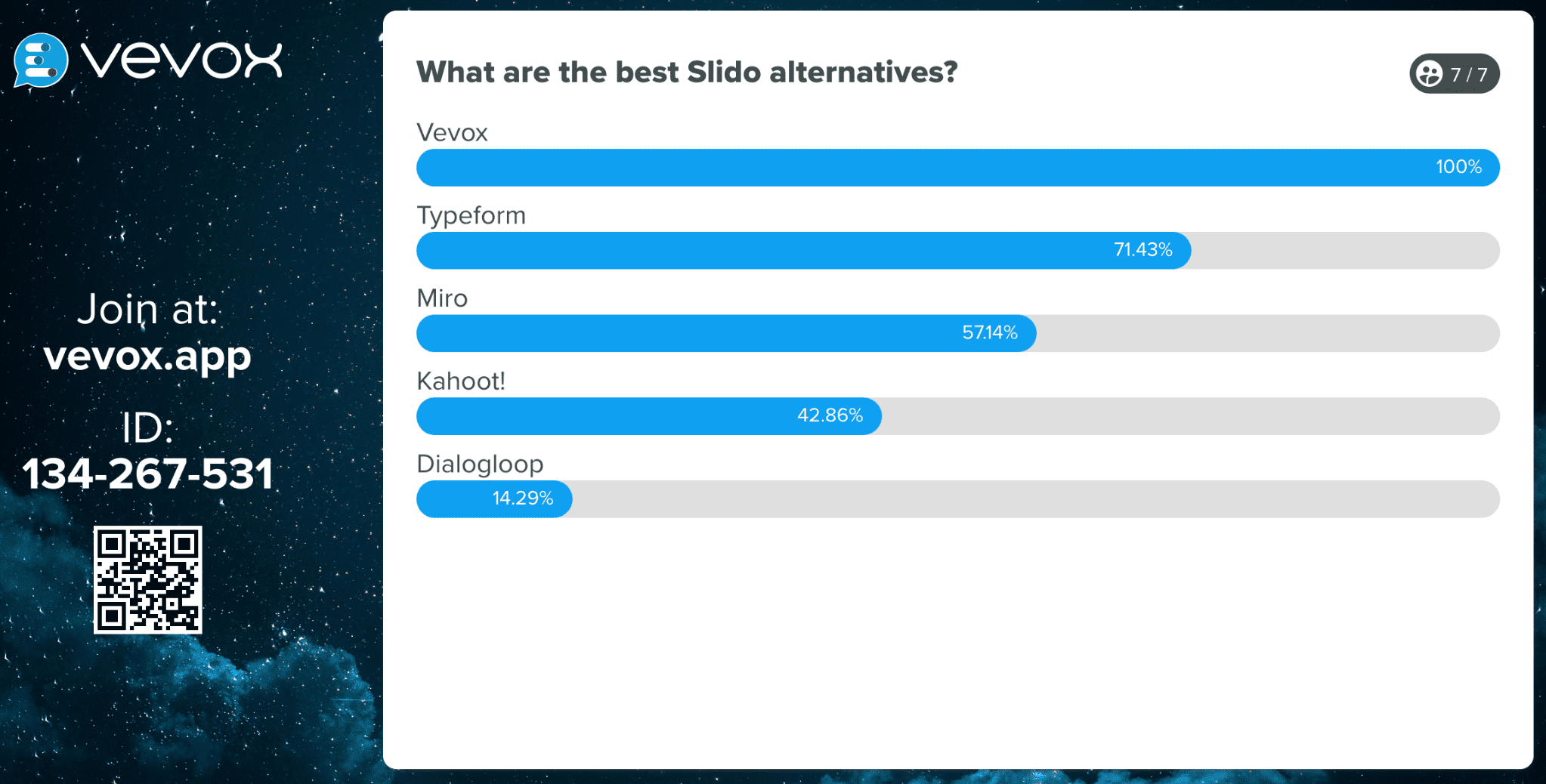With over 18 million results returned on the search term ‘Student Response System’ on Google it’s no wonder that searching for a solution feels overwhelming but let’s view this from a positive angle; there are now so many options for educators to choose from to increase inclusivity and engagement in lectures. When looking for a tool, institutions will invest time and money and will need an option that will serve its purpose now and in the future, not just a quick solution and this process can bring a lot of pressure.
As there are many factors to consider when weighing up your options for a student response system, it's important to tackle this task strategically. Vevox is used by Universities all over the world and from our experience of supporting learning technology and IT teams, here are the three areas that we recommend you spend time considering:
1. Consider the usability factor
Finding out if the product is fit for your purpose and exploring the practicalities is always a good starting point.
-
If you are looking for a tool that is suitable for all students (and technical abilities), it is a must to ask for a demo or a free trial to further inspect the user experience from both the lecturer and student experience.
A demo will also help you to understand how long it might take to get up and running and help you to consider a training and implementation plan to familiarize teaching and support staff.
-
Does the SRS provider have training resources? How easy is the system to set up/install? Are there any access or security implications?
2. Investigate support and development potential
When investing in a student response system it’s important to establish if the product (and service) supports your needs and requirements now, but also in the future as things change.
-
Ask for details on what support channels are available such as phone support, email, live chat, a dedicated account manager and the response rates and potential costs of any support options.
It’s important to find out what the service-level agreement includes now, not when you have an issue that needs resolving. This way realistic expectations can be set before any decision has been made.
-
Consider what resources are available to you in terms of help guides, ongoing training webinars, help forums, practical tips or any other types of useful support resources.
Support and development might not be a main deciding factor for choosing a student response system, but understanding what is on offer will have an impact on usability and adoption which, in part, dictates the success of whichever system you choose.
To establish what provider is suitable for you in the long-term, you need to understand their vision for their own product and its development.
-
Ask the provider for their development plans, what features are in the pipeline and if there will be any major modifications to the platform. Which operating system or system requirements will they continue to support as the IT landscape changes?
-
If the software does not have a particular feature or functionality currently, but it is something that you would like to see in the future, ask if there is a possibility that it will be on the product roadmap or could be developed in the future.
As the saying goes - 'if you don't ask, then you don't get'. Out product team here at Vevox love to hear how our education customers use our student engagement platform and always like to know what features are popular and what they would like to see in the future.
Read more tips on how to choose the right student engagement tool and ensuring it’s aligned to your University’s strategy.
3. Look for external validation
Proof points or other forms of validation are highly important when comparing student response systems as these give you the extra confidence that you are in safe hands and may help you to make your decision. Here are some validation questions that you should think about asking your SRS provider:
-
What other customers use your solution? This question allows you to see if there are any similar education institutions that are currently using the product. It can be a great indication of where the company is currently in their growth and to see who else has placed their trust with them.
-
Do any other existing customers currently have the same use case? Ask for examples or case studies showing how other organisations have used the software and if the provider can share any other tips or relevant customer stories.
-
What do other customers say about your solution? Customer reviews are essential in seeing what like-minded people have said and what their experiences have been like. Here at Vevox, we love to hear honest feedback from our customers about what they like about the product but to understand what improvements could be made. We are proud to be the highest independently-rated student engagement app out there, just read our reviews.
-
What makes your solution reliable and secure? A more technically focused question, but this is a great way to find out how the provider is (or is working towards being) compliant with regulations such as ISO and GDPR. What is their stance on security in general and making sure that the product simply works full stop.
We hope that these topic areas and suggested questions help you with your decision process when searching for a student response system. Why not try Vevox for Free?





